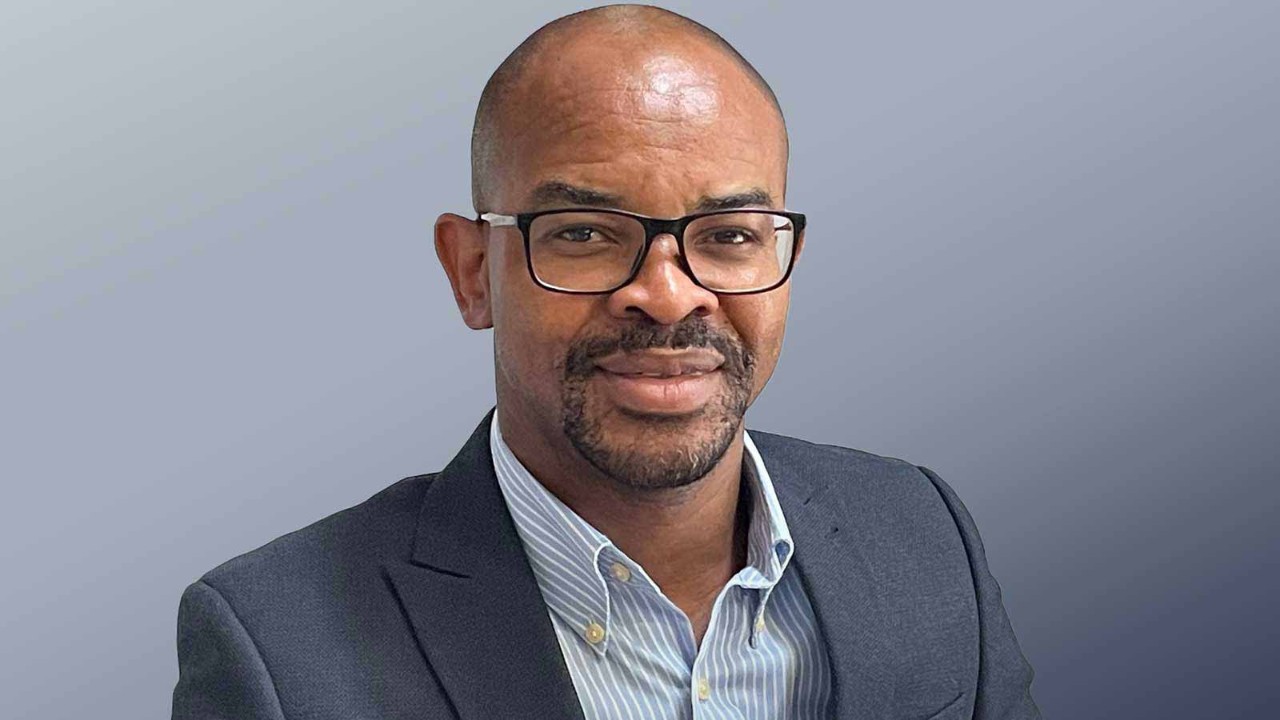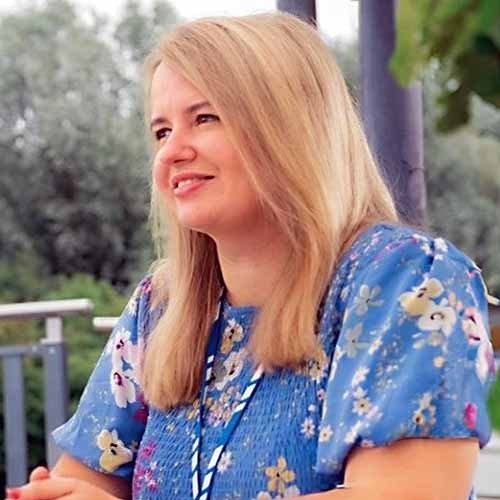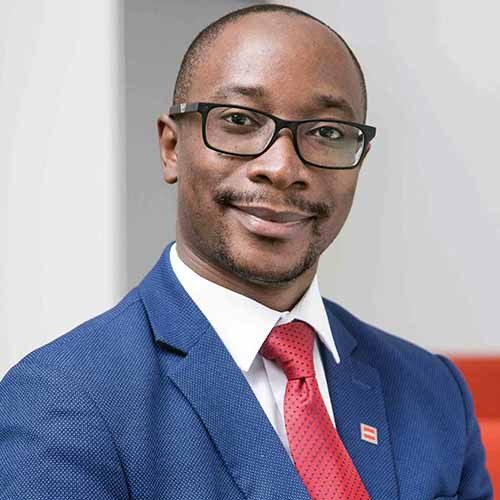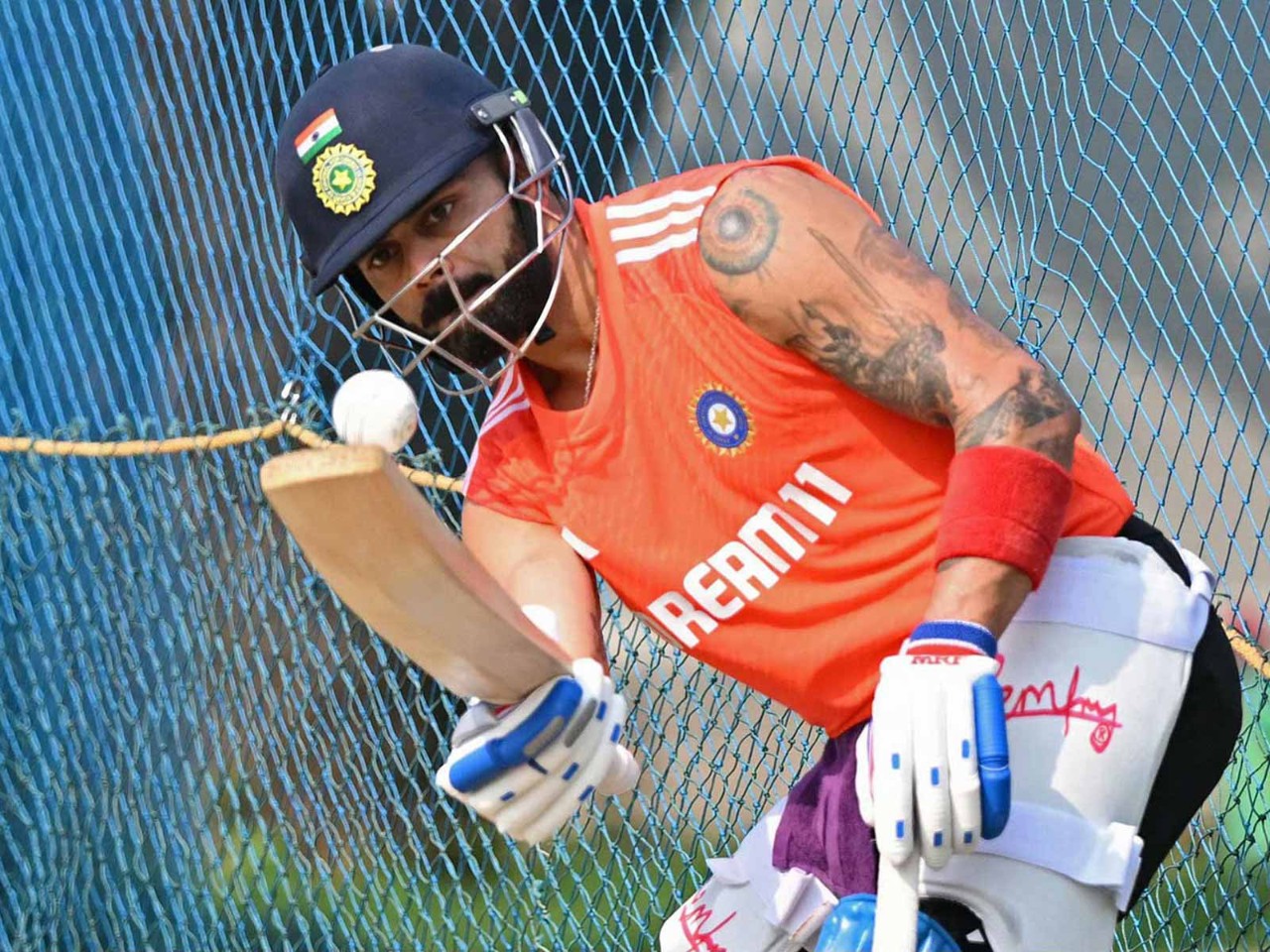
George Awusu FCCA was just a few weeks into his first job as an auditor when he learned one of the most important lessons of his life. He was assigned to a team and given the task of auditing a bank reconciliation. ‘I had no idea what to do – there was a huge expectation gap around me and the feeling of, if you can’t do this, why are you here?’
After helping him, his team leader advised him to request a place on the induction programme designed for the graduate intake. ‘She said: “If you don’t speak up for yourself, no one will speak up for you.” That has stayed with me. My path was defined.’
‘Growing up in a deprived community, the key was to maintain the values I had learned from my mother’
Doing what you love
Awusu has spent almost 20 years with the firm in Ghana and the UK, rising to a director in its audit practice and building a strong reputation for his work on diversity and inclusion.
‘There was a recognition that I could do more to help with our inclusion and diversity drive, so I really embraced it,’ he says. ‘That’s the thing about working in a team – when your contributions are recognised and opportunities are created for you, you do more of what you love to do.’
‘I have consistently sought to be a voice for the voiceless’
He was recently named as one of the Top 10 Inspirational Leaders at the 2023 Ethnicity Awards, which acknowledges ‘a senior management Black, Asian or minority ethnic business leader driving positive change for inclusion’.
‘I am always happy to listen, and to speak to leadership when necessary,’ he says. ‘Growing up, we had challenges but also opportunities, and one of the things I have consistently done is to seek to be a voice for the voiceless.’
Early encouragement
Awusu was born and raised in Nima, an impoverished urban settlement (‘it would be accurate to describe it as a slum’, he says) in Accra. ‘Growing up in a relatively deprived community, the key for me was to maintain the values that I had learned from my mother – hard work, accountability, honesty and integrity. I allowed these values to guide me, and still do.’
He had few people in his life or community with a history of secondary education, let alone a career in the accountancy profession. ‘One day, one of my youth mentors at church said he thought I would make a good auditor. That fired up my curiosity – in Ghana we see the role of the auditor as commercial policemen, holding people and companies to account.’
‘There were very few people of Black heritage in the firm, or in any other firm, even at manager level’
Education in Ghana at the time was predominantly paid-for (although heavily subsidised by the state), and Awusu was one of the few children in his immediate community in Nima to attend school: ‘When I came home, I used to gather my friends together and teach them what I had learned.’
With his mother’s support he studied business at secondary school and completed a Bachelor of Commerce degree, before gaining a scholarship to study for a Masters degree at the University of Wales, Aberystwyth.
Importance of mentors
He joined KPMG’s graduate training programme in 2005, attracted by the firm’s values. The critical factor in his career, though, has been his mentors. ‘They have been so important to me, especially David Neale, who has been my mentor since I joined the firm. They live KPMG’s values in their work, and that has made a real difference to my experience.’
They also helped shape his ambitions. ‘I remember having a conversation with David in 2008, when he said that he thought I could go all the way to partner if I continued to work hard. That had a hugely positive impact on me.’
But there was also an element of disbelief. ‘At the time there were very few people of Black heritage in the firm, or in any other firm, even at manager level. And there was virtually no one at the top level. I just didn’t think it was possible for me to reach partnership.’
During his time with the firm, he has seen real attempts to address barriers to progression in the profession, he says. KPMG’s initiatives feature the Black Lives Action Plan, which included a commitment to double the number of Black partners and directors by 2022, and the Black Lives Allyship programme, a mentorship initiative.
Everyone is accountable
But there is always more to be done, in every area of the profession. ‘Mentorship and sponsorship are extremely important, and we need to encourage more of that,’ he says. ‘But we also need fairness in processes, particularly those used to identify and reward talent. We need to hold everyone accountable to make sure we are applying the standards that are set. It’s up to people to apply the values of the organisation consistently.’
‘We have a responsibility to pay it forward’
He adds that people like him, who have made it to a leadership role, also have a responsibility. ‘It’s not enough for me to think that now I’m a highly regarded director and engagement leader delivering trust to stakeholders of our complex private enterprises, that’s enough. We have to ask what we can do to help our employer and the profession to pull people along. We have a responsibility to pay it forward.’
Diversity and inclusion, he says, are a journey rather than a destination. ‘Promotion of diversity and inclusion is part of a growth mindset. You don’t wait for an initiative to be imposed on you – you should do it naturally. You can make policies, but it’s people who breathe life into them so they become common practice.’





